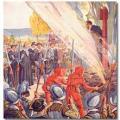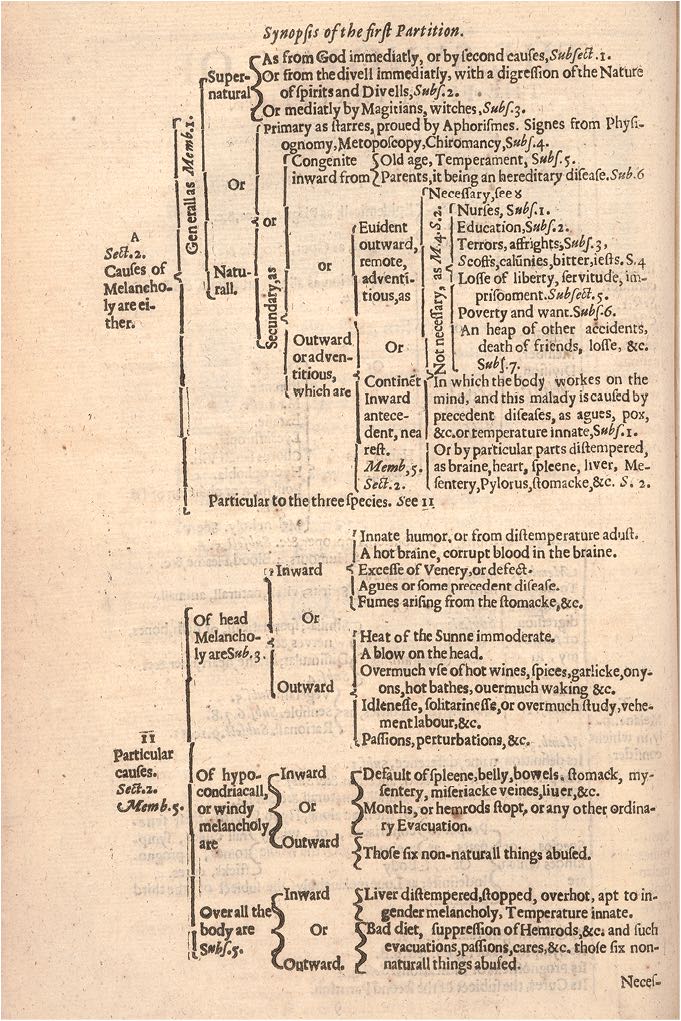405. Divide and Conquer: the Spread of Ramism
The methods of Peter Ramus sweep across Europe, winning adherents and facing stiff opposition in equal measure.
Themes:
• M. Feingold, J.S. Freedman, and W. Rother (eds), The Influence of Petrus Ramus: Studies in Sixteenth and Seventeenth Century Philosophy and Sciences (Basel: 2001).
• J.S. Freedman, “The Diffusion of the Writings of Petrus Ramus in Central Europe, c.1570-c.1630,” Renaissance Quarterly 46 (1993), 98-152.
• A. Grafton and L. Jardine, From Humanism to the Humanities: Education and the Liberal Arts in Fifteenth- and Sixteenth-century Europe (Cambridge MA: 1986), ch.7.
• J. Guillory, “Marlowe, Ramus, and the Reformation of Philosophy,” English Literary History 81 (2014), 693-732.
• H. Hotson, Commonplace Learning: Ramism and its German Ramifications, 1543–1630 (Oxford: 2007).
• H. Hotson, The Reformation of Common Learning (Oxford: 2020).
• S. Knight and E.A. Wilson (eds.), The European Contexts of Ramism (Turnhout: 2019).
• S.J. Reid and E.A. Wilson (eds), Ramus, Pedagogy and the Liberal Arts: Ramism in Britain and the Wider World (Farnham: 2011).







Comments
Names
In this episode there are quite a few names likely to be unfamiliar, so here is a list of the names in order of mention:
Johann Freige, André Wechel, Omer Talon, Richard Hooker, Johannes Piscator, Andreas Cramer, Friedrich Beurhaus, Rudolph Goclenius, Johann Alsted, Andrew Melville, Bartholomew Keckermann, Franco Burgersdijk, and of course poor old "Stupido"
Add new comment